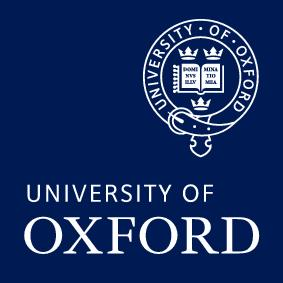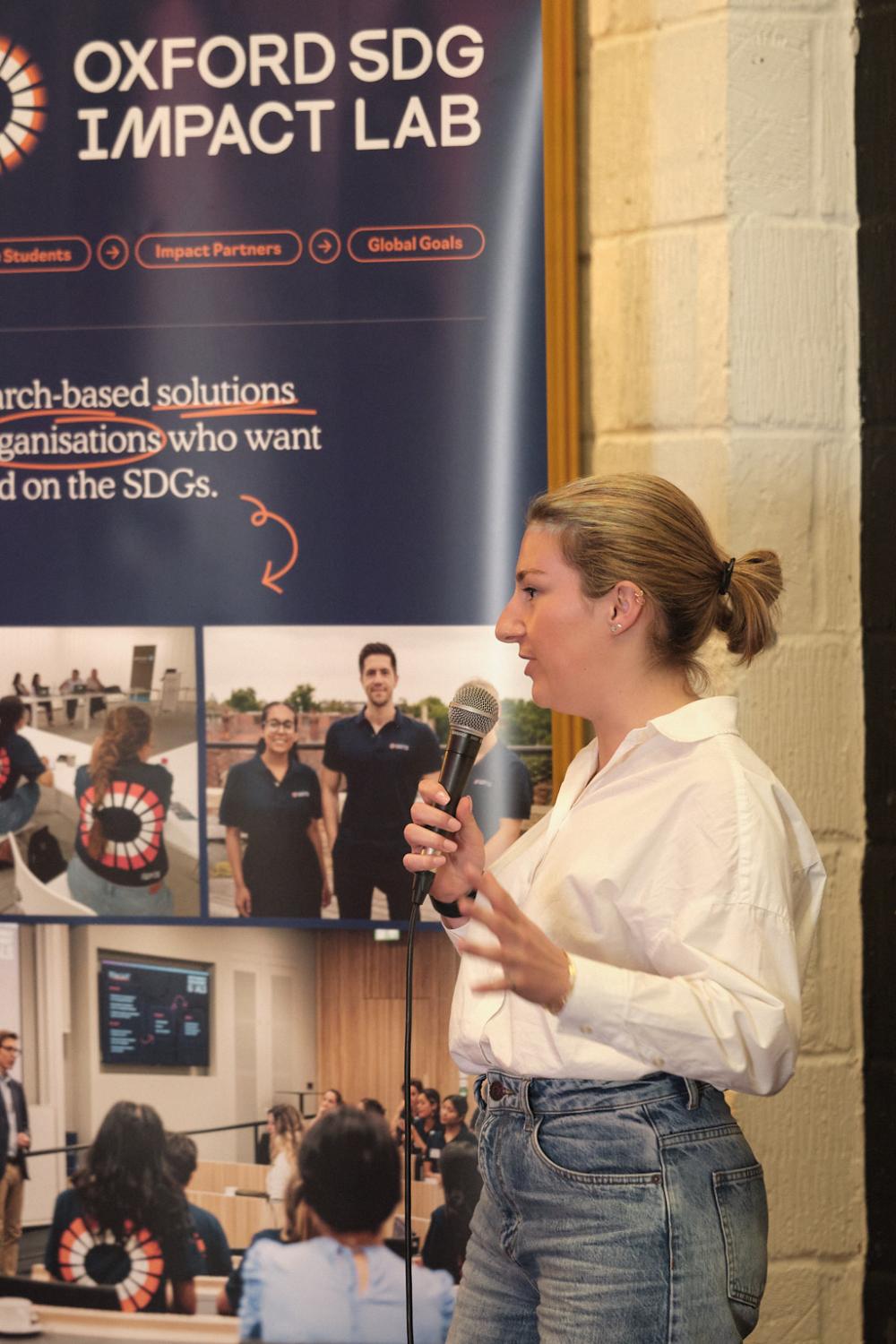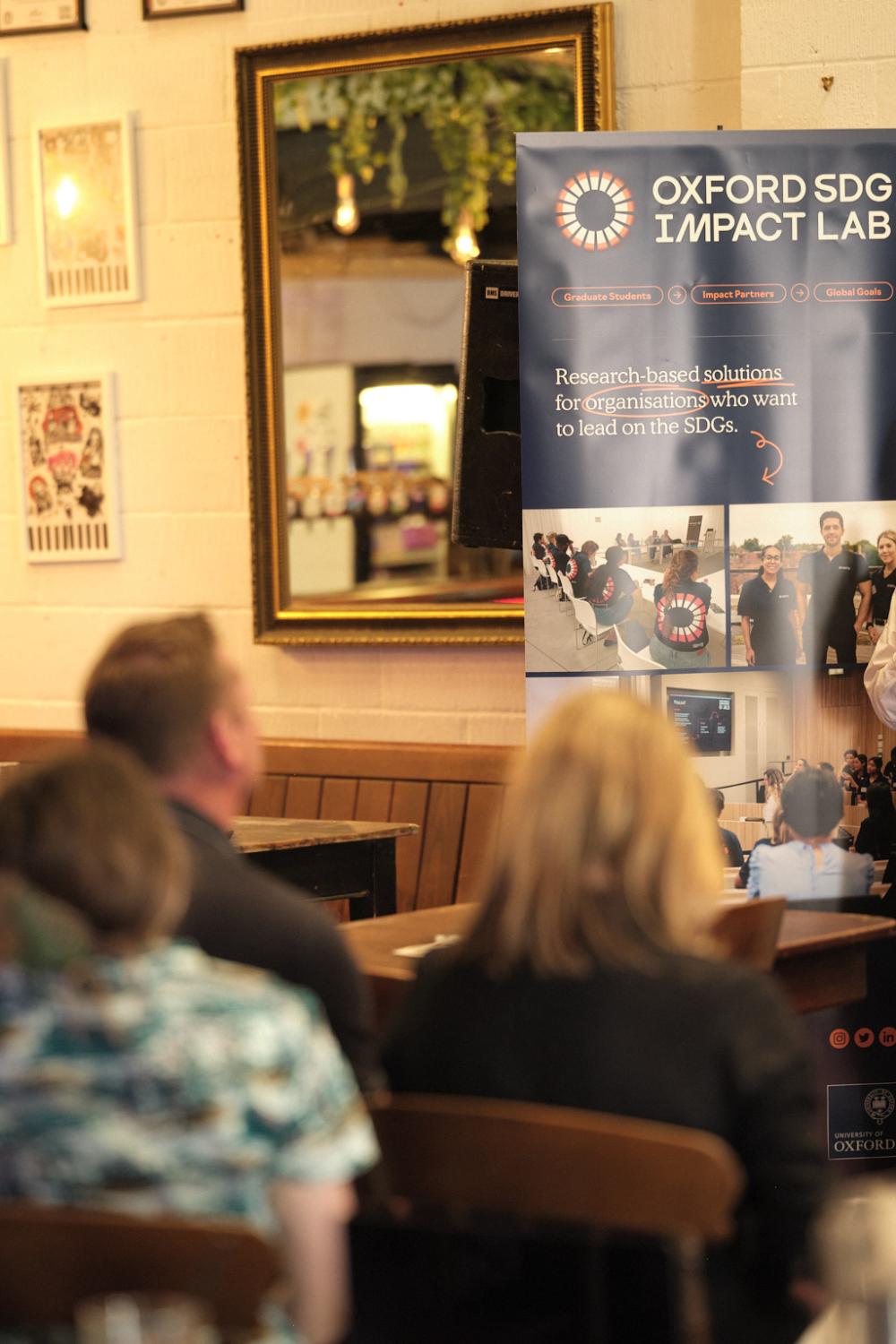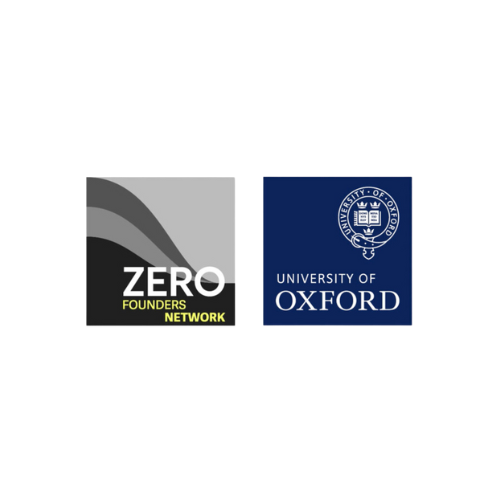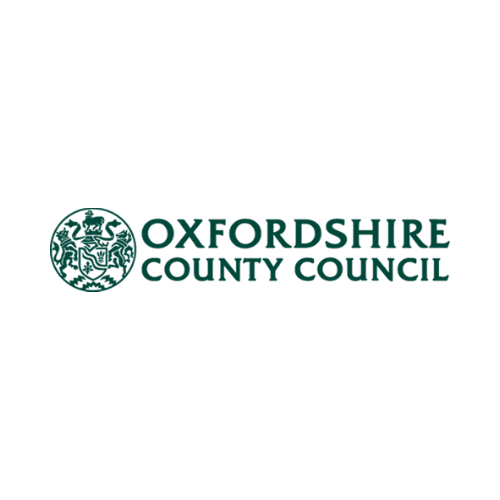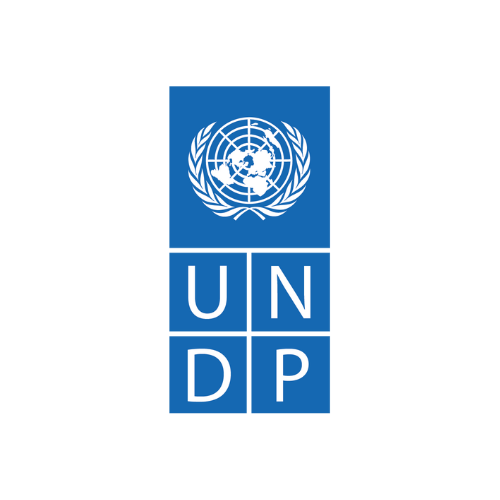Laurence Peinturier: Using Engineering Science for Decarbonisation Impact
Laurence Peinturier, a first-year DPhil student in Engineering Science at Oxford University, joined the Community Impact Lab with a passion for innovative building energy solutions. Her project with the Low Carbon Hub, "Decarbonising Oxford Colleges - Envisioning a Path to Net Zero," proved to be a transformative experience that broadened her perspectives on sustainable development.
With a background in Energy Systems and a focus on enhancing building energy performance, Laurence sought to gain a more comprehensive understanding of sustainability challenges. "I realised how easy it can be to get deeply absorbed in the technical aspects of your work and sometimes lose sight of the broader purpose," she reflects. This realisation drove her to apply for the Lab program, aiming to explore the intricate interplay of systems related to the Sustainable Development Goals (SDGs) and the synergy between academia and industry.
The program's masterclass series exposed Laurence to diverse viewpoints from speakers across various fields. "It helps open the mind to other sustainability, social, economic, and political challenges that you don't necessarily think of in your everyday life," she explains. This interdisciplinary approach proved crucial during her field lab experience, where she collaborated with a partner from a different academic background. Describing her experience as "Enriching, Interdisciplinary, and Big Picture," Laurence advises future participants to "Try to attend as many events as possible."
Working on the decarbonisation project, Laurence and her partner, Emily Hsu, combined their expertise to deliver a comprehensive, multi-disciplinary analysis. "Without my partner's unique insights and knowledge, which differ greatly from mine, we wouldn't have been able to carry out such a comprehensive project," Laurence acknowledges.
The impact of their work became evident when colleges and stakeholders reached out for updates and showed interest in the project's outcomes. For Laurence, this was the most rewarding aspect of the program. "This indicated that we made an impact and suggested that our project might have a future," she says, highlighting the real-world significance of their research and its potential for ongoing influence in sustainable development.
